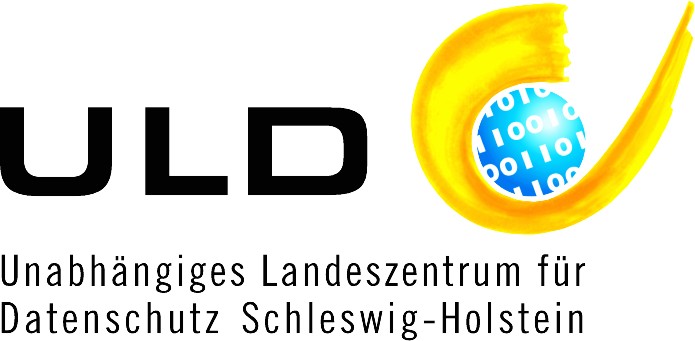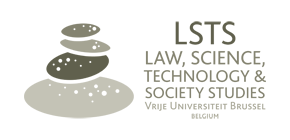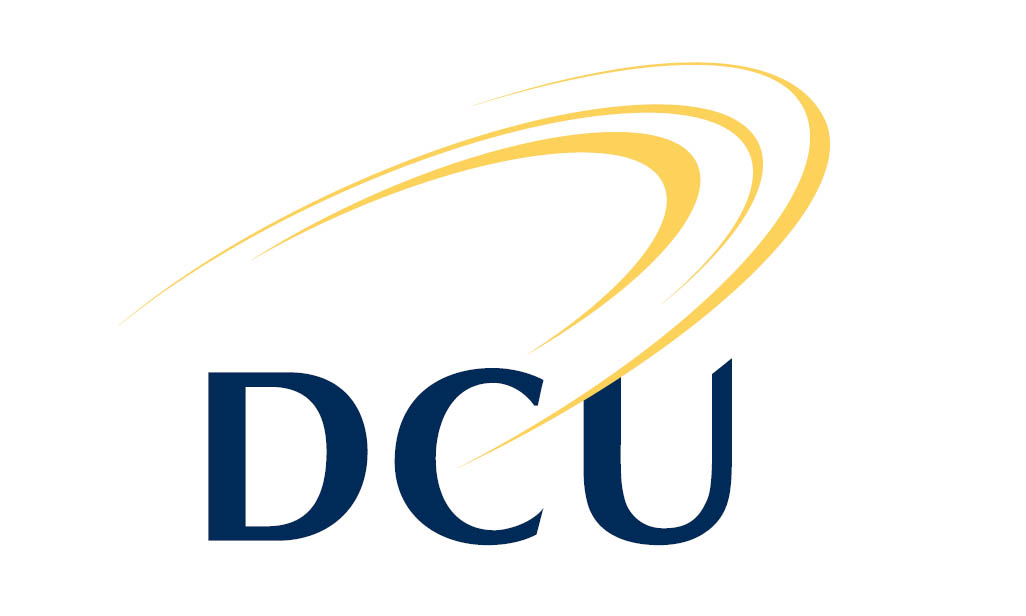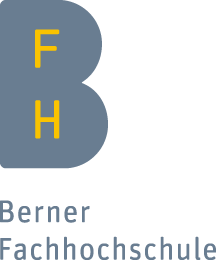Consortium Partners
The CANVAS Consortium consists of eleven partners – nine academic institutions and two partners outside academia – that are located in seven European countries. CANVAS is endowed with a budget of 1.57 Mio. €, of which 1 Mio. € is funded by the European Commission and the remaining part emerges from the Swiss State Secretariat for Education, Research and Innovation.
The University of Zurich (UZH) is Switzerland’s largest university and the coordinating institution of CANVAS. As a member of the “League of European Research Universities” (LERU), the University of Zurich belongs to Europe’s most prestigious research institutions. Within UZH, CANVAS is integrated in the “Digital Society Initiative” of the University (DSI@UZH) that started in September 2016. DSI@UZH is a university-wide platform to promote critical, interdisciplinary reflection and innovation concerning all aspects of digitalization of society and the sciences.
The Vrije Universiteit Brussel (VUB) contributes to CANVAS via the multidisciplinary Research Group on Law, Science, Technology and Society (LSTS), of VUB’s Faculty of Law and Criminology. LSTS was created in 2003 and has since become a leading European IT law research centre, with internationally recognised expertise in privacy and data protection law. In CANVAS, LSTS notably leads WP2 (Knowledge Consolidation Law).
F-Secure is one of the world’s leading security as a service providers and coordinates the activities related to the domain Business/Finance. Since the company was founded in 1988, our award-winning products have been protecting people and companies against everything from crimeware to corporate cyberattacks, and are now available from over 6000 resellers and 200 Internet Service Provider and Mobile Network Operator partners in more than 40 countries. CANVAS will mainly be supported by F-Secure’s Security Labs, which is one of the best anti-malware laboratories in the world.
The Otto-Friedrich-Universität Bamberg specializes in the Humanities, Cultural Studies, Social Sciences, Economics, and Applied Computer Science. IT leads WP8 (Output 3 – MOOC). Research for CANVAS is coordinated by the “Privacy and Security in Information Systems” group that has expertise in information security, machine learning, privacy and information security management.
Unabhängiges Landeszentrum für Datenschutz Schleswig-Holstein, Kiel

WP6 (Briefing Packages)
The “Unabhängiges Landeszentrum für Datenschutz” (Independent Centre for Privacy Protection; ULD) is the Data Protection Authority of Schleswig-Holstein, the northernmost Federal State of Germany. ULD will lead WP6 and coordinate the creation of Briefing Packages. Since 1998 ULD has been working on multiple national and international projects in the field of data security and privacy protection.
The “Ostbayerische Technische Hochschule Regensburg” is one of the largest technical universities of applied sciences in Bavaria and will coordinate the research activities related to the domain “Health”. CANVAS is located in the Institute for Social Research and Technology Assessment (IST) that was founded in 2012 to conduct inter- and transdisciplinary research with regard to ethical, legal, and social aspects of technology (ELSA) in the fields of energy production, mobility, and health care technology in particular and ICT in general.
Dublin City University (DCU) is a young, dynamic and ambitious university and – beside the Trinity College Dublin, University College Dublin and Dublin Institute of Technology as well as industry partners – part of ADAPT, a research Centre that produces ground-breaking digital content innovations. DCU will lead WP7 (Output 2 – Reference Curriculum). CANVAS is located at the Institute of Ethics at DCU that was established in September 2008 with the mission to create ethical awareness in relation to all fields of the university’s activities.
The “Technische Universiteit Delft” is the highest ranked Dutch university and the third highest European university of technology. It will lead WP1 (Knowledge Consolidation Ethics). CANVAS involves researchers from the Faculty of Technology, Policy and Management (TPM) and the Cyber Security Group which is within the Intelligent Systems Department in the Faculty of Electrical Engineering, Computer Science and Mathematics.
The Universitat Rovira i Virgili (URV) is a public university in Tarragona, Catalonia and listed among the world’s top 100 universities under 50 years of age, according to the Times Higher Education University Ranking 2015. URV will lead WP4 (Knowledge Consolidation Technological Research). CANVAS is located at the UNESCO Chair in Data Privacy, the strongest research group on security and privacy in Catalonia and Spain.
The “Université de Lausanne” is listed on position 136 according to the Times Higher Education University Ranking 2014-15 and will lead WP3 (Knowledge Consolidation Empirical Research). CANVAS involves researchers from the School of Criminal Justice, founded in 1909, that has a longstanding international reputation of excellence for research and education in forensic science, criminology and criminal law.
The “Berner Fachhochschule” (BFH) is one of the so-called Universities of Applied Sciences in Switzerland, whose mission is to bridge the gap between fundamental research and applied R&D. BFH will coordinate the research activities related to the social sphere “law enforcement/national security”. CANVAS is located in the Research Institute for Security in the Information Society (RISIS) whose research involves Web security, security in e-health, e-voting, and malware forensics.
Map of Consortium Partners











